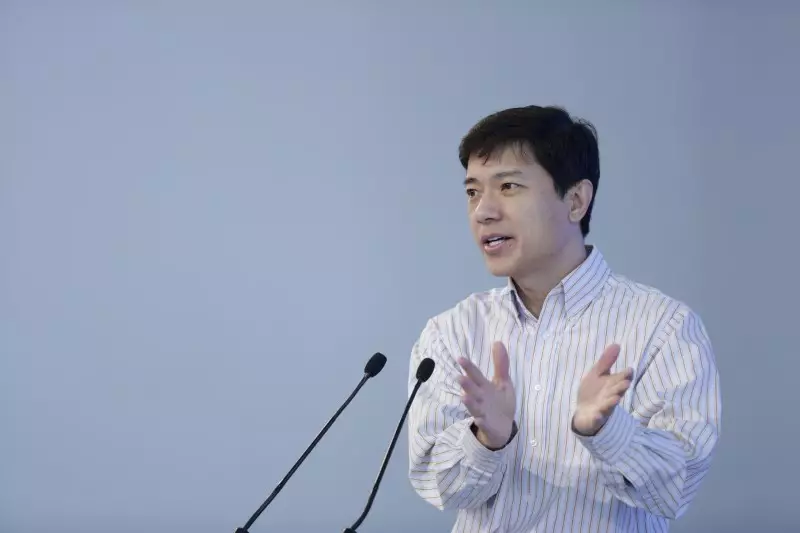Baidu, the pioneering tech powerhouse from China, has recently made significant strides in the world of autonomous vehicles. With the approval of a testing license for its Apollo robotaxi service in Hong Kong, the company is setting the stage for a transformative leap in urban transportation. Officially awarded by the Hong Kong Transport Department, this license allows Baidu to operate trials with ten autonomous vehicles in the North Lantau region. This marked achievement not only enhances Baidu’s reputation but also aligns with Hong Kong’s strategic vision to incorporate innovative transport solutions.
Effective from December 9, 2024, to December 8, 2029, the license will initially restrict the operation of self-driving cars to one vehicle on designated road sections at any point in time. This cautious approach underlines the importance of safety in testing new automotive technologies. To mitigate risks, Baidu will have a backup operator in the vehicle during each test run—an element designed to ensure human oversight and quick intervention if required. This safety net reflects a responsible approach to autonomous vehicle deployment, prioritizing public safety while still exploring groundbreaking technology.
The approval of Baidu’s pilot license is part of a broader strategy adopted by the Hong Kong government to integrate autonomous vehicles into the public transport ecosystem. The territory has been vehemently advocating for the adoption of such technologies since 2017, with recent legislative reforms in March paving the way for trials on public roads. This proactive regulatory environment emphasizes Hong Kong’s commitment to remaining at the forefront of technological advancements in transportation.
This license is a significant milestone for Baidu as it represents the first instance of autonomous vehicle testing being conducted outside mainland China. Previously, Baidu’s Apollo Go service achieved remarkable success across numerous cities in China, most notably operating the largest fleet of over 400 autonomous vehicles in Wuhan. Now, with eyes set on future markets, Baidu is positioning itself to expand its operations into Hong Kong, Singapore, and parts of the Middle East. Such aspirations underscore the increasing global demand for autonomous transportation solutions.
As Baidu steps into this new arena, it faces heightened competition within the autonomous vehicle industry. Various stakeholders are racing to create viable, innovative, and safe transportation alternatives that can capture public interest and trust. This environment cultivates a dynamic landscape where progress is not only encouraged but necessary for survival. Baidu’s strategic moves signal its commitment to not just maintain its leading position in mainland China, but also to carve a significant niche in the international market, highlighting the potential of autonomous technology to reshape the future of urban mobility.
Baidu’s license to test its autonomous vehicles in Hong Kong is a monumental step forward for both the company and the city. This initiative signifies not just technological innovation, but also a broader commitment from the authorities to embrace the future of transportation. As Baidu navigates the complexities of this new venture, it stands poised to redefine urban mobility and set a benchmark for others to follow. The forthcoming years will be crucial in determining how effectively Baidu and other players can adapt to and shape the evolving landscape of autonomous driving technology.

